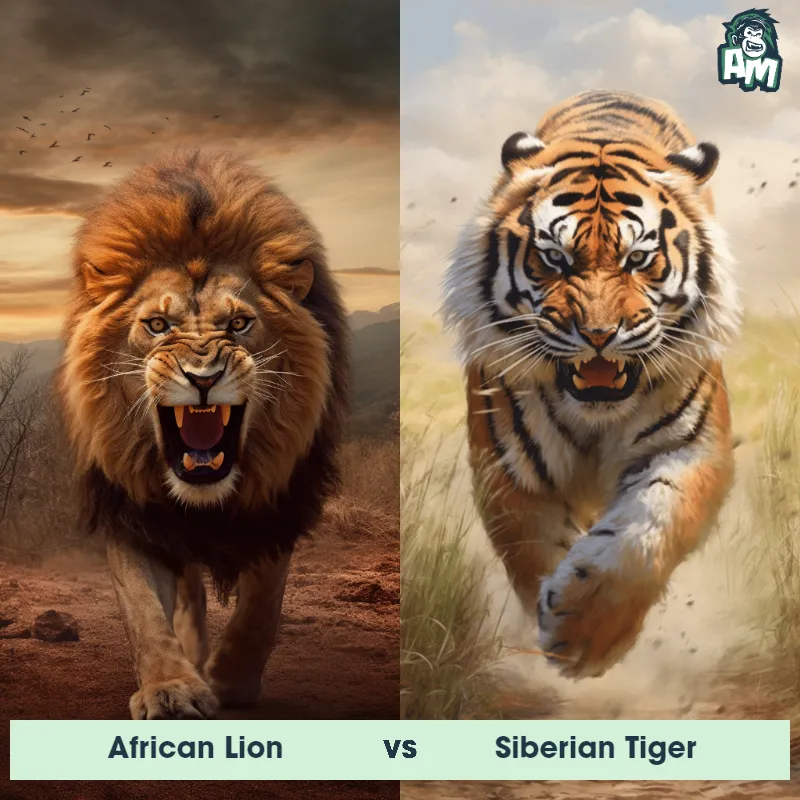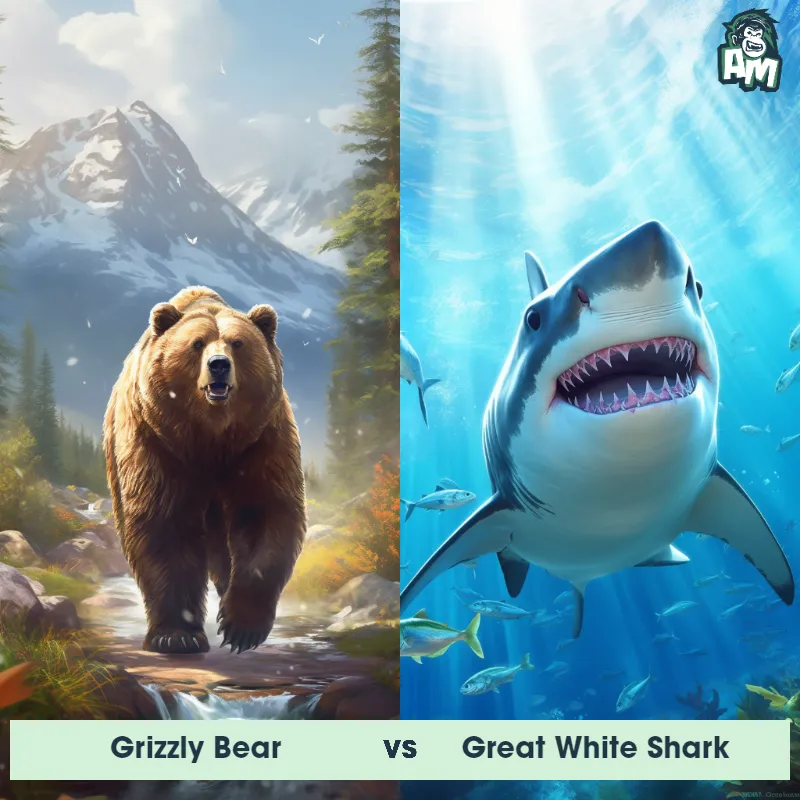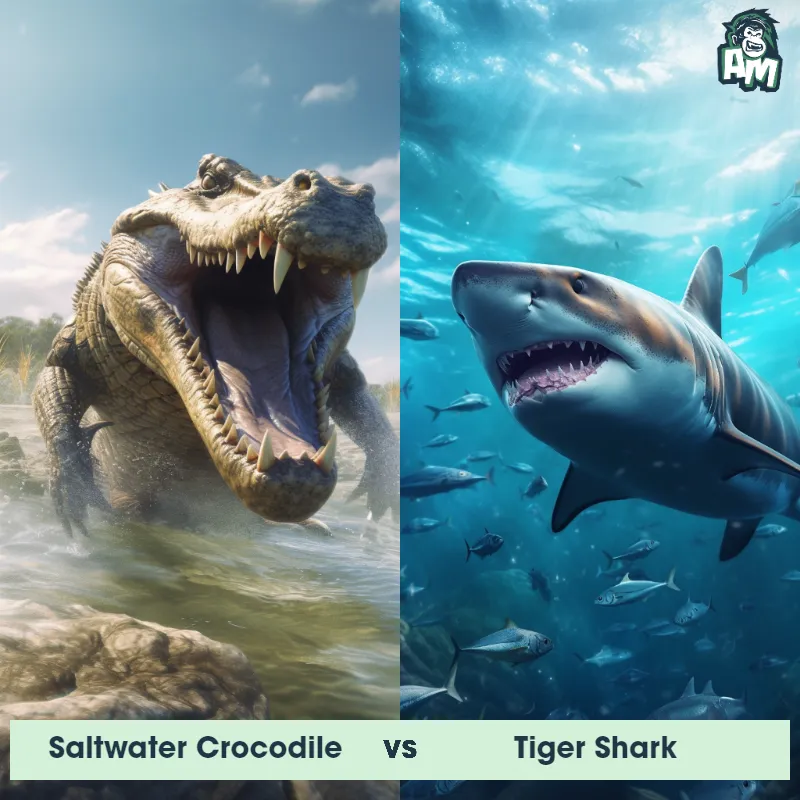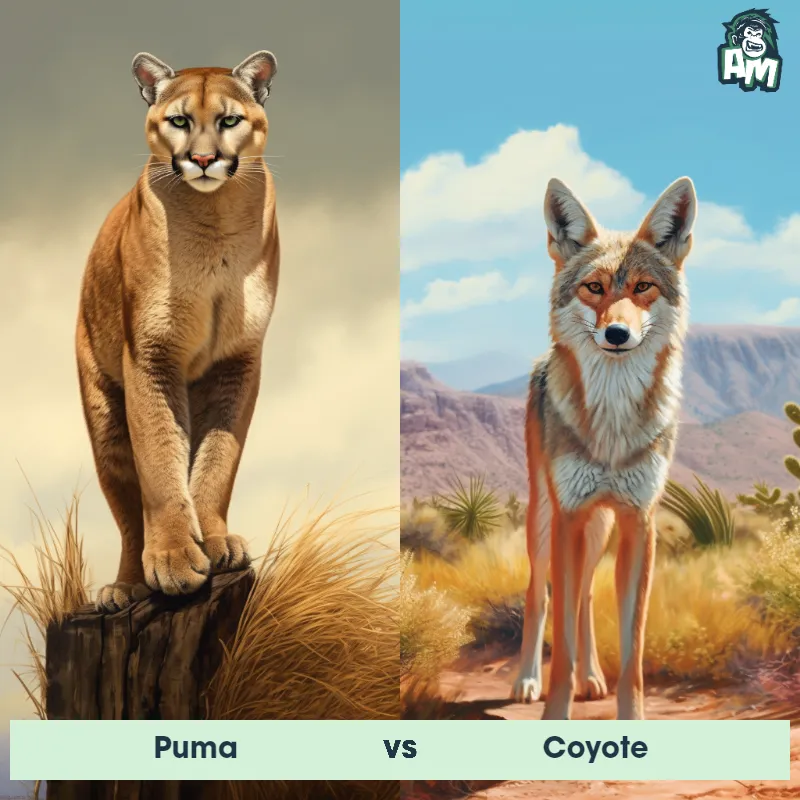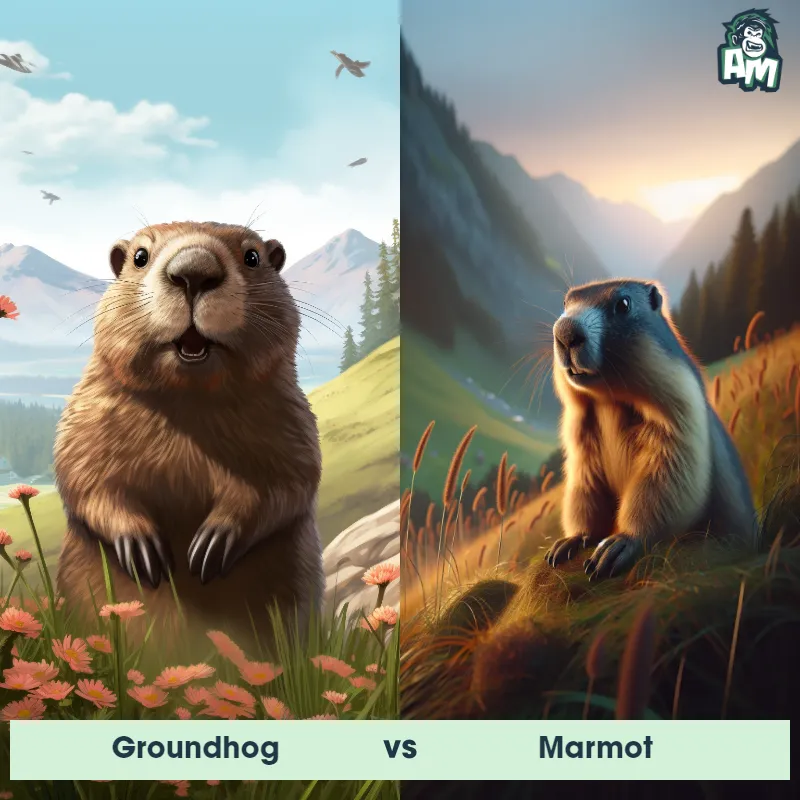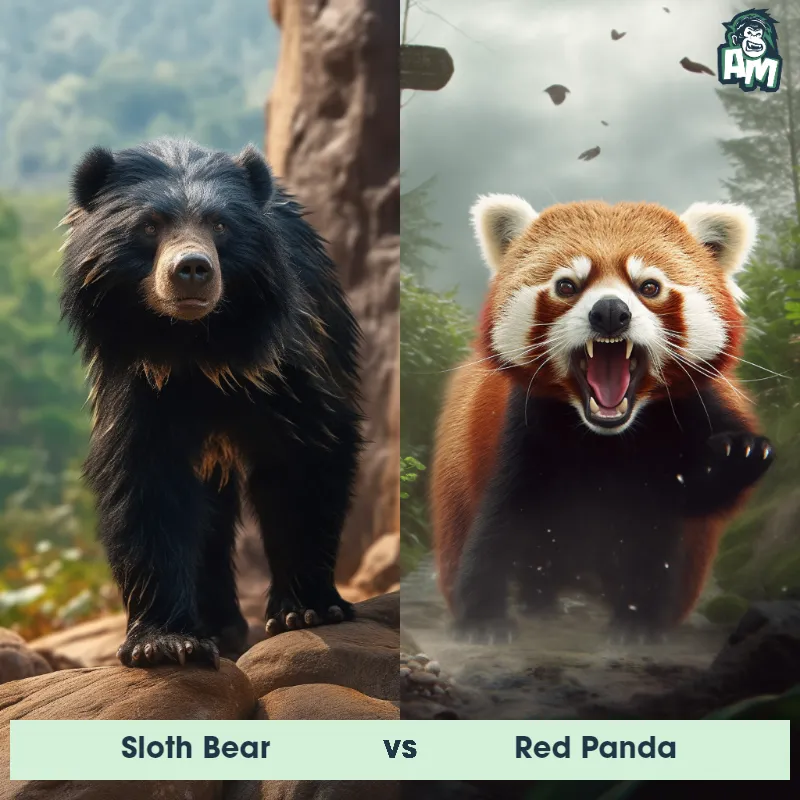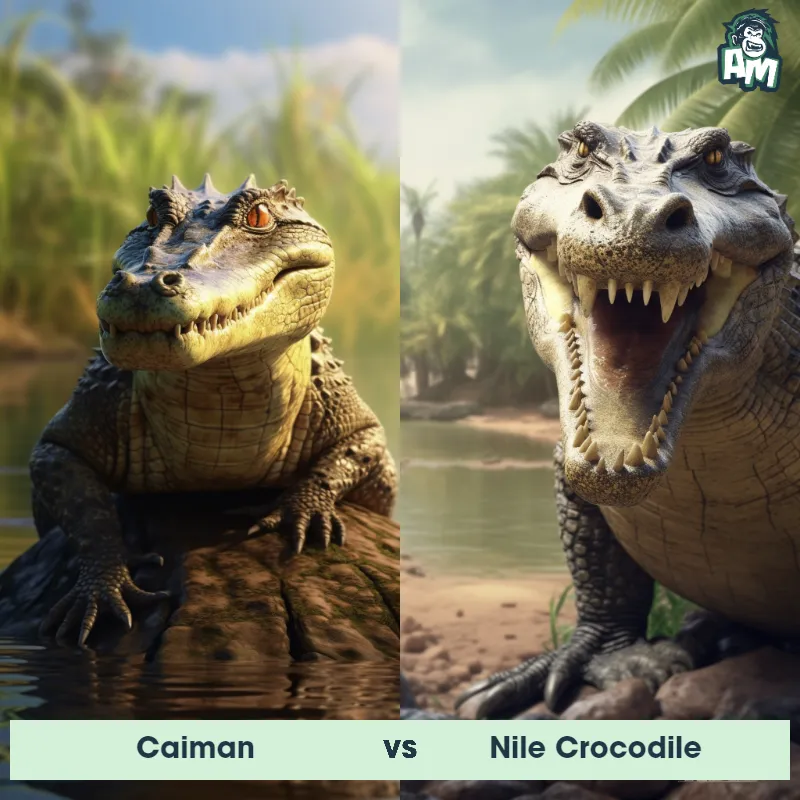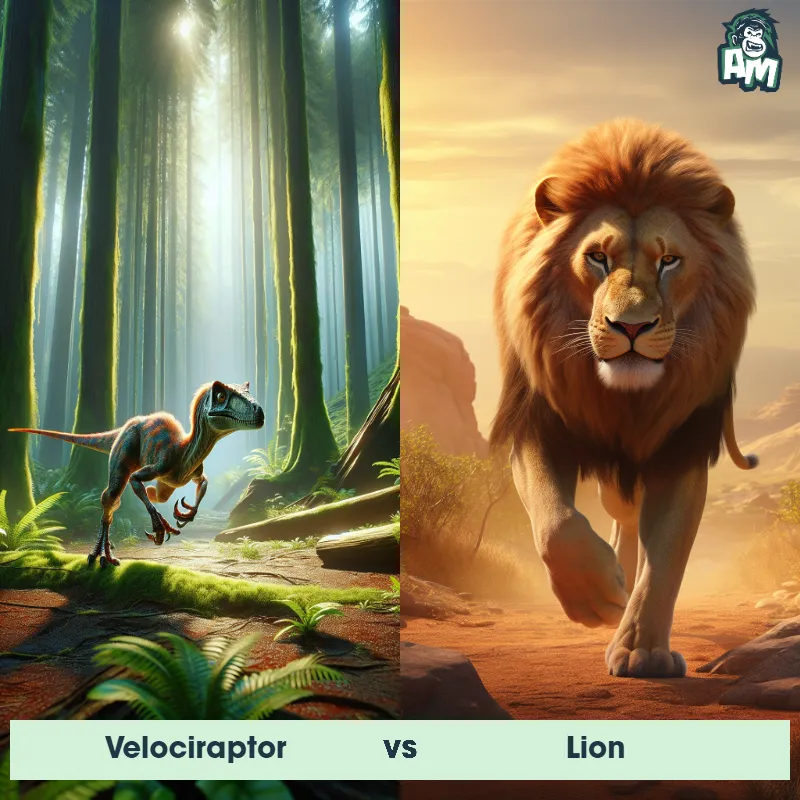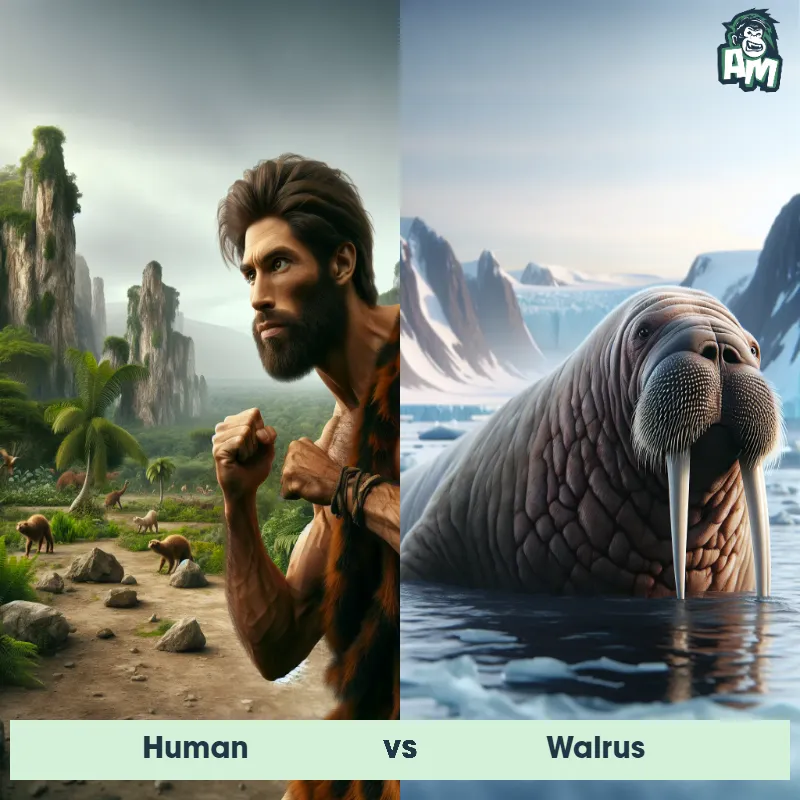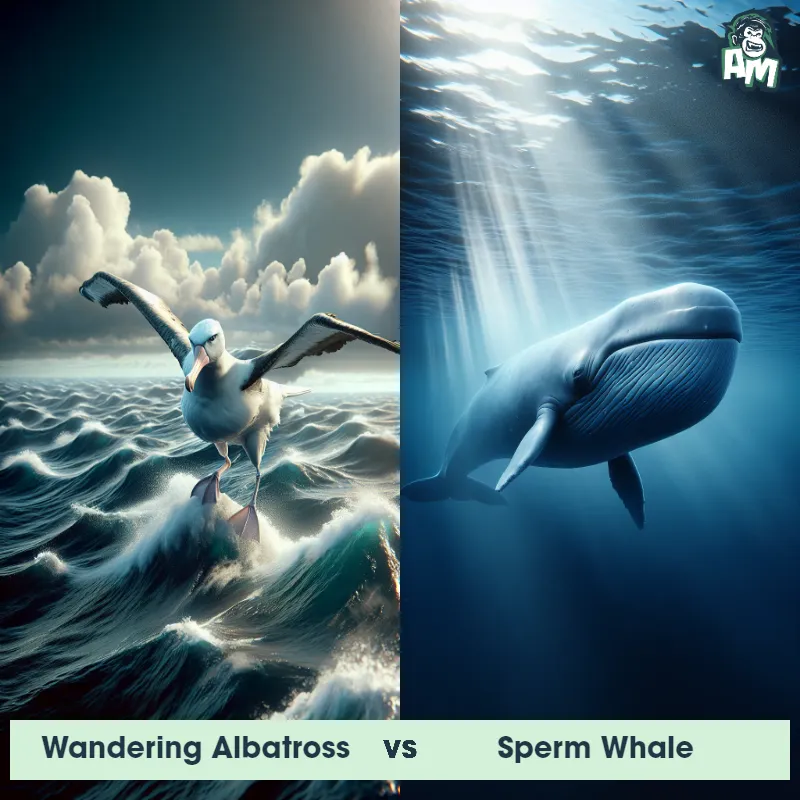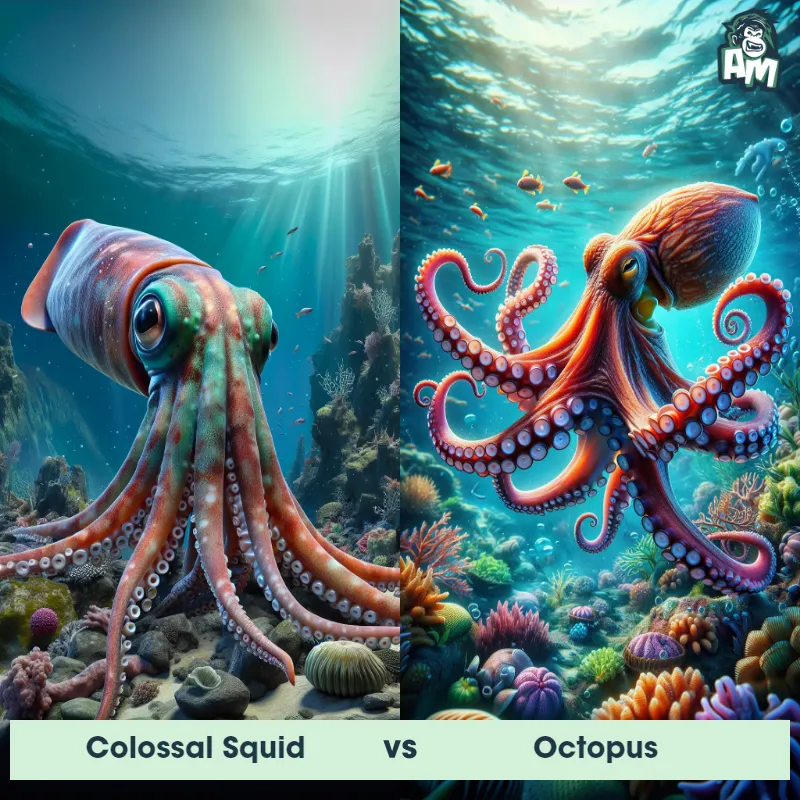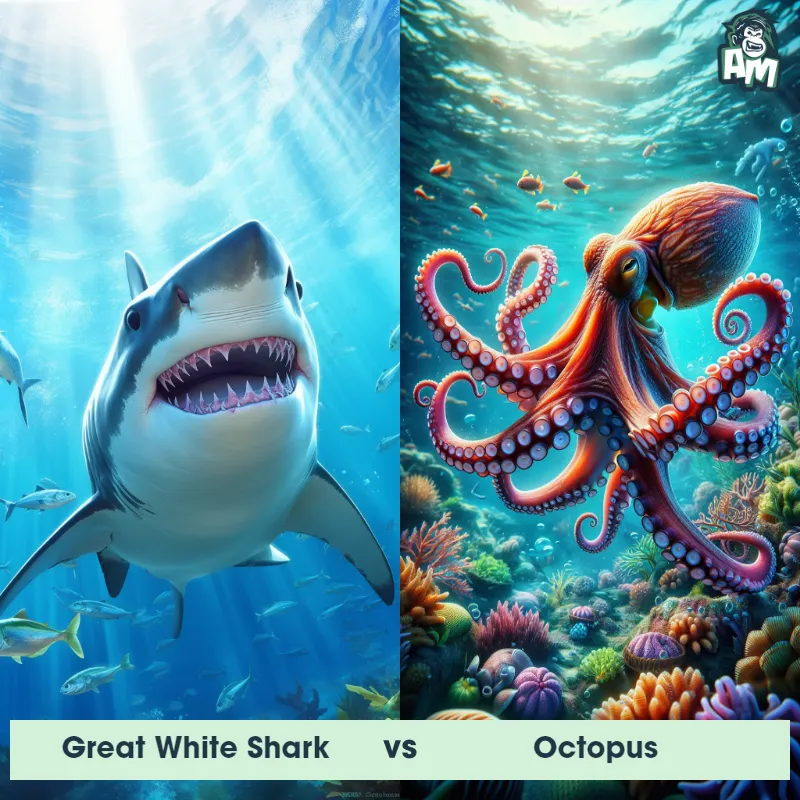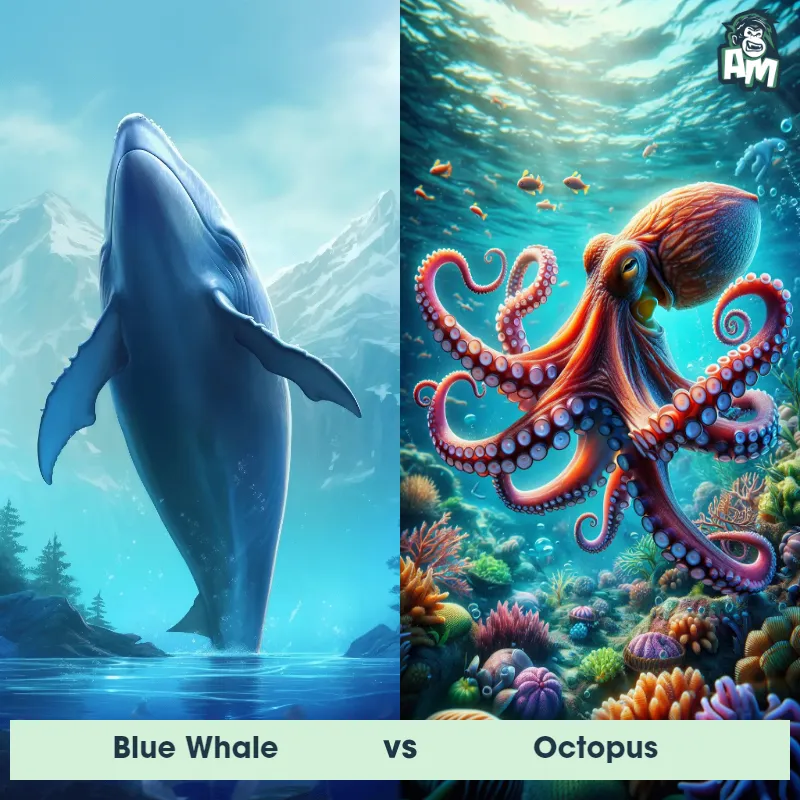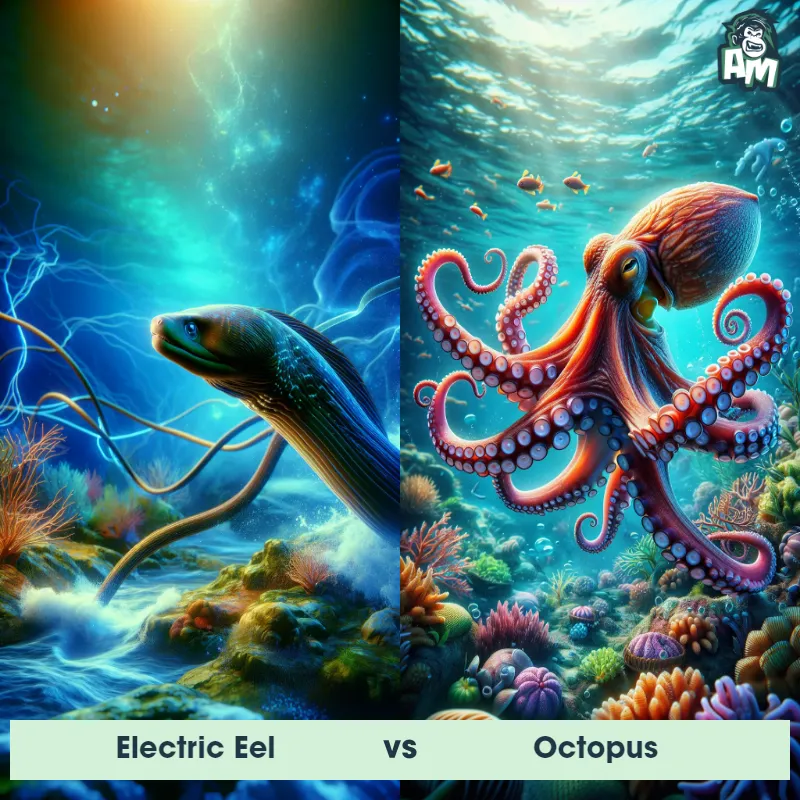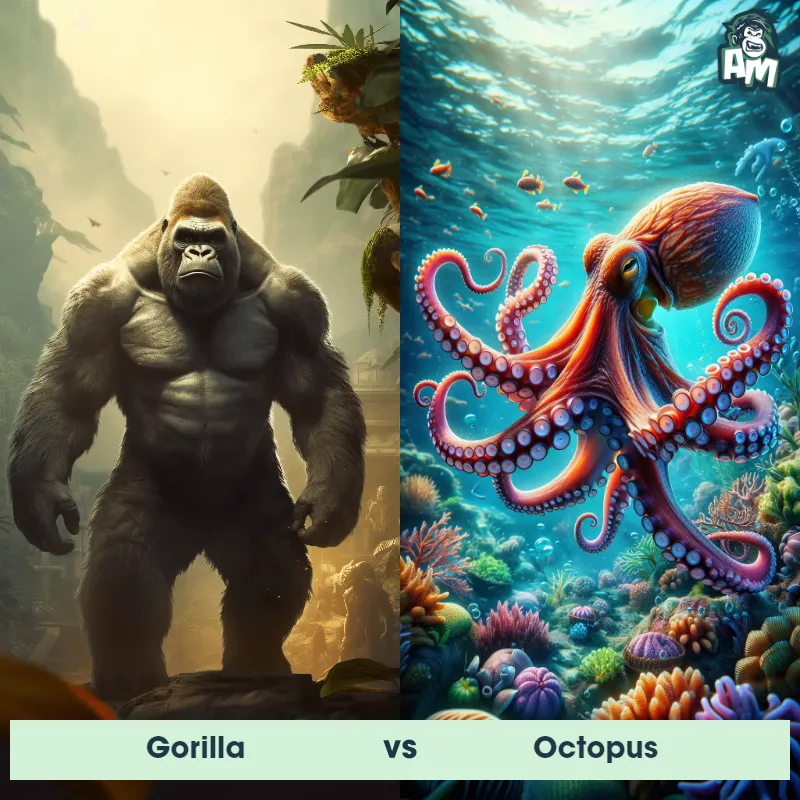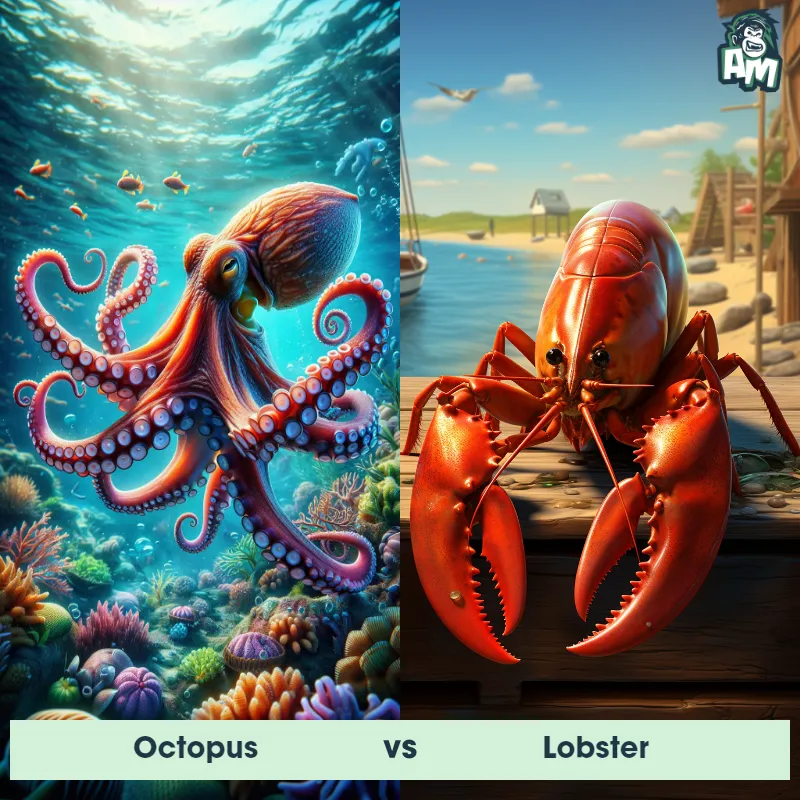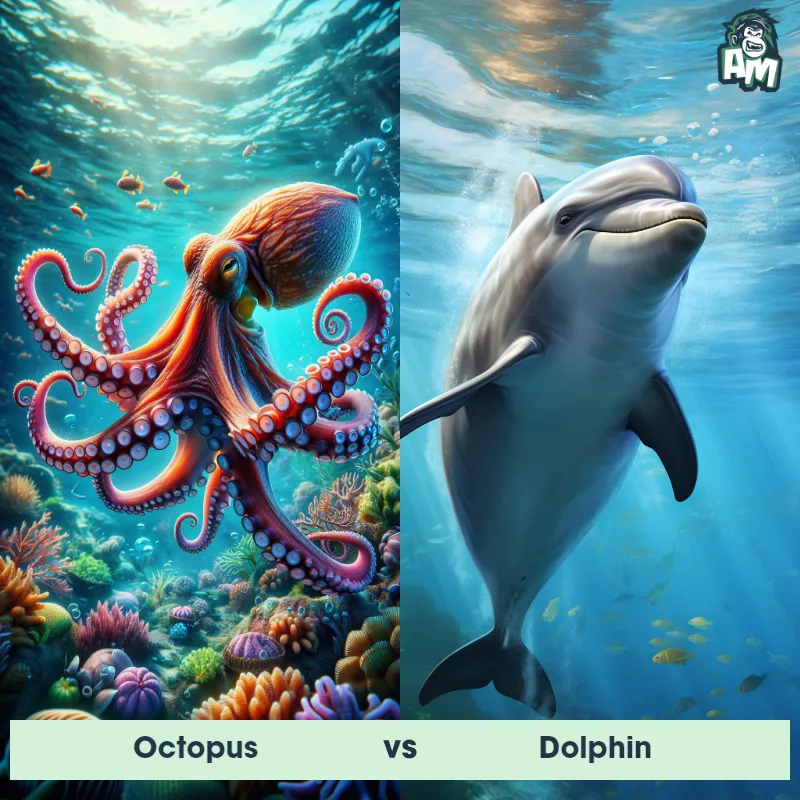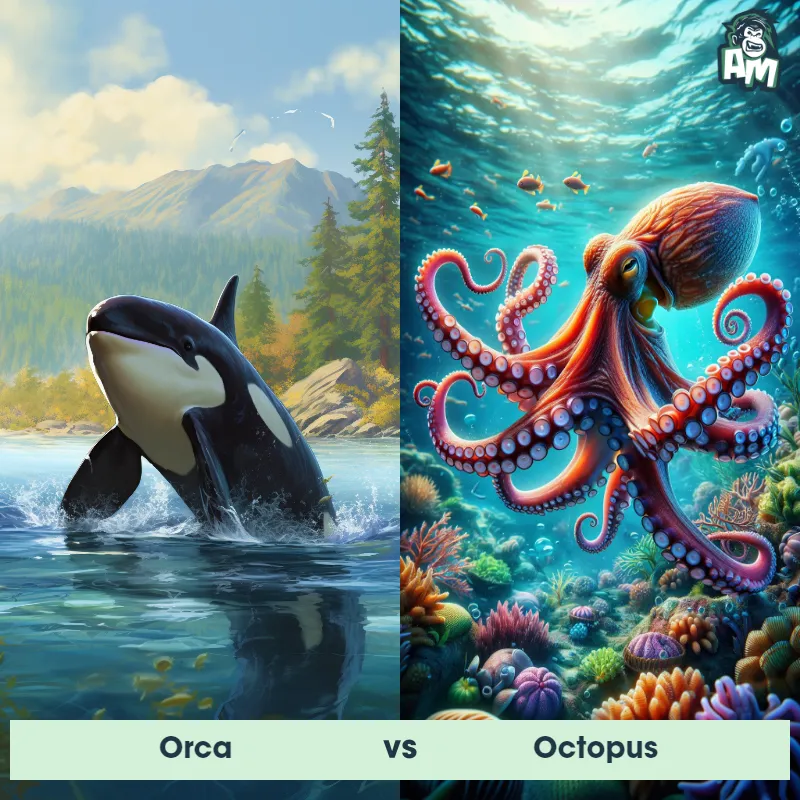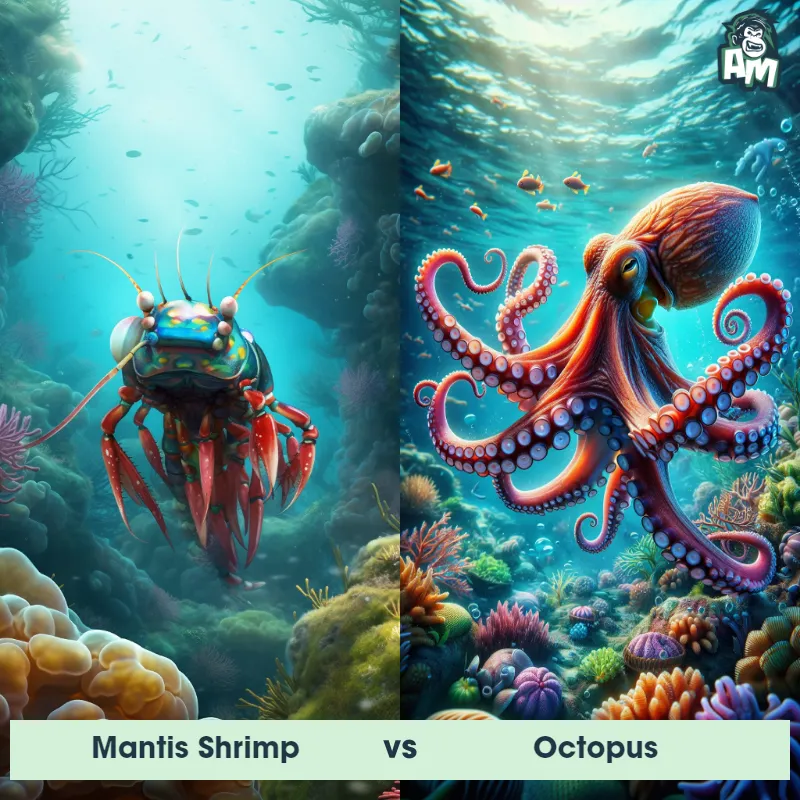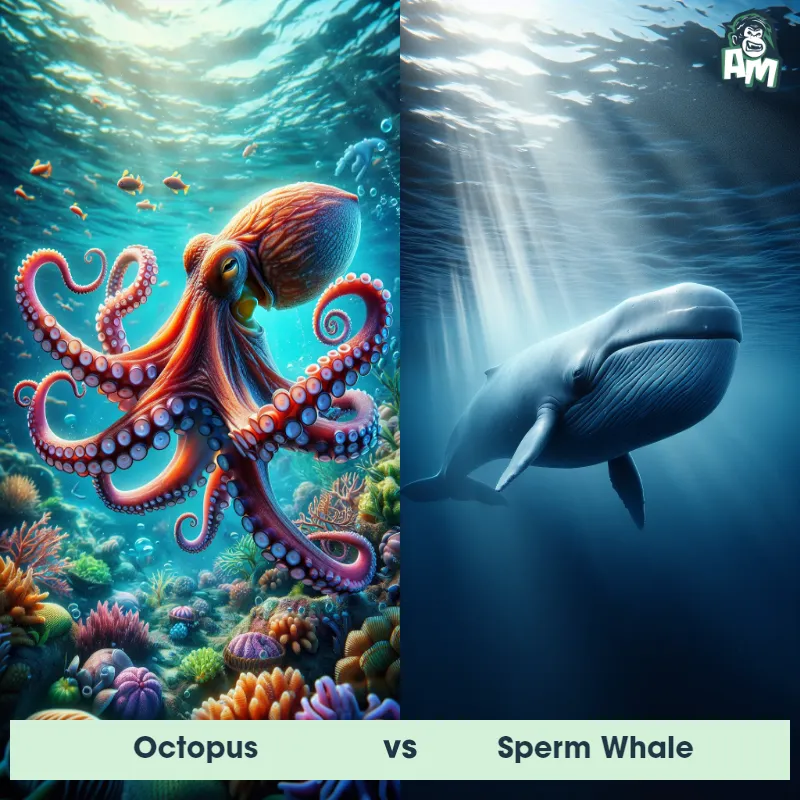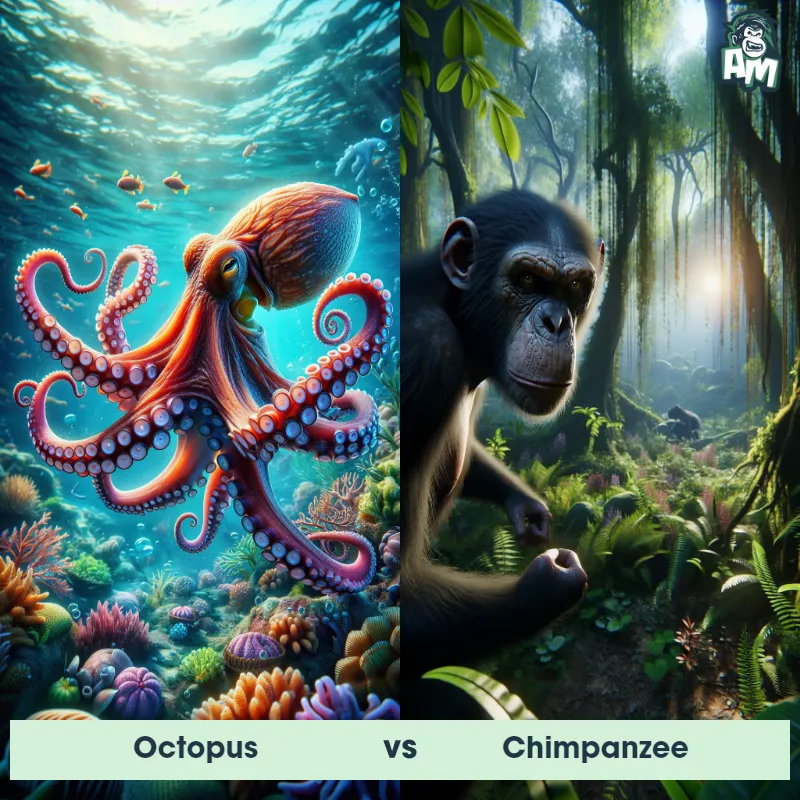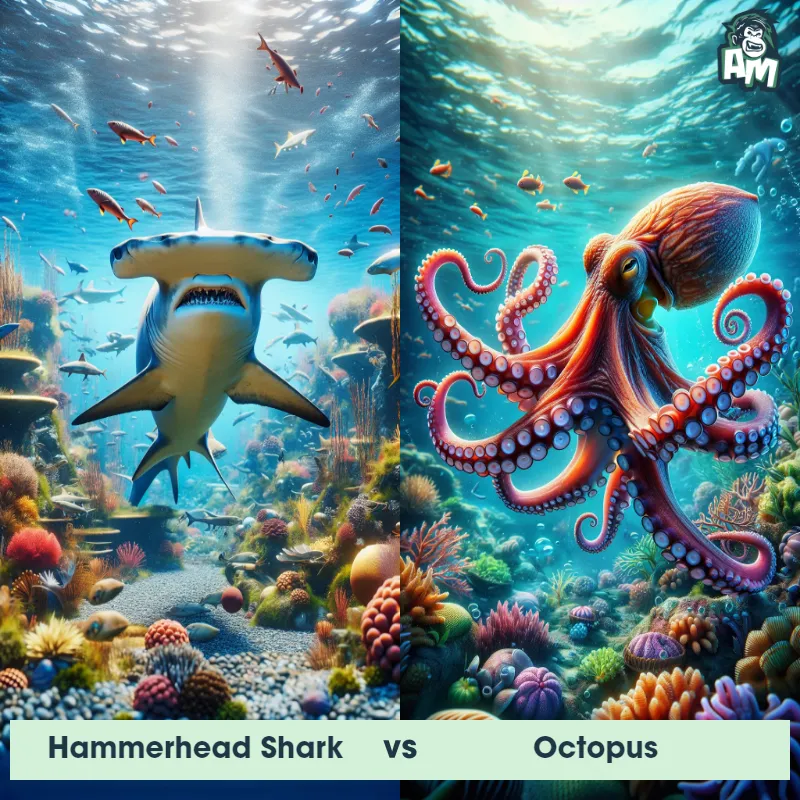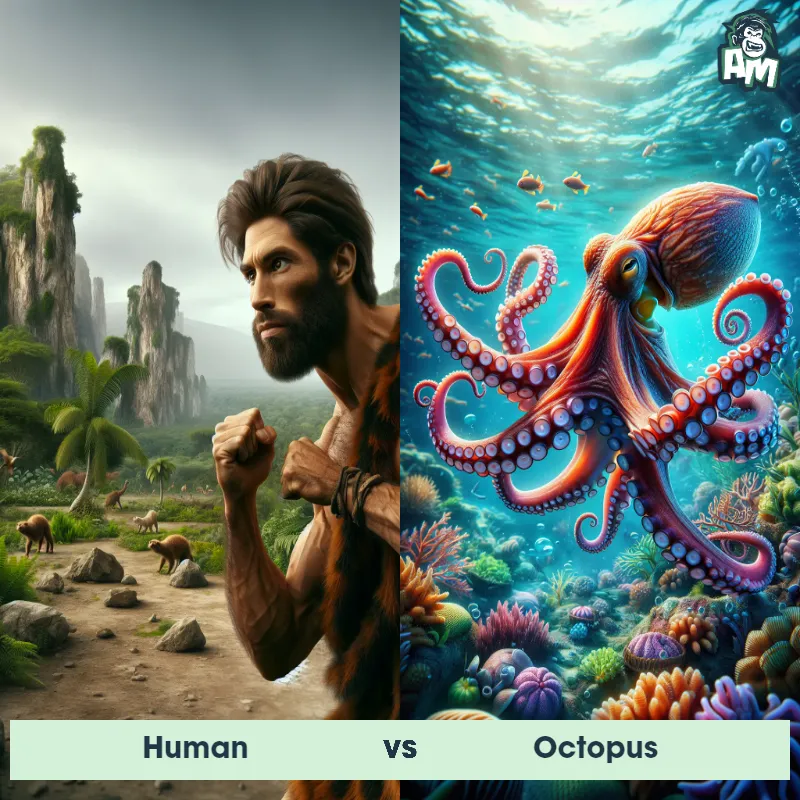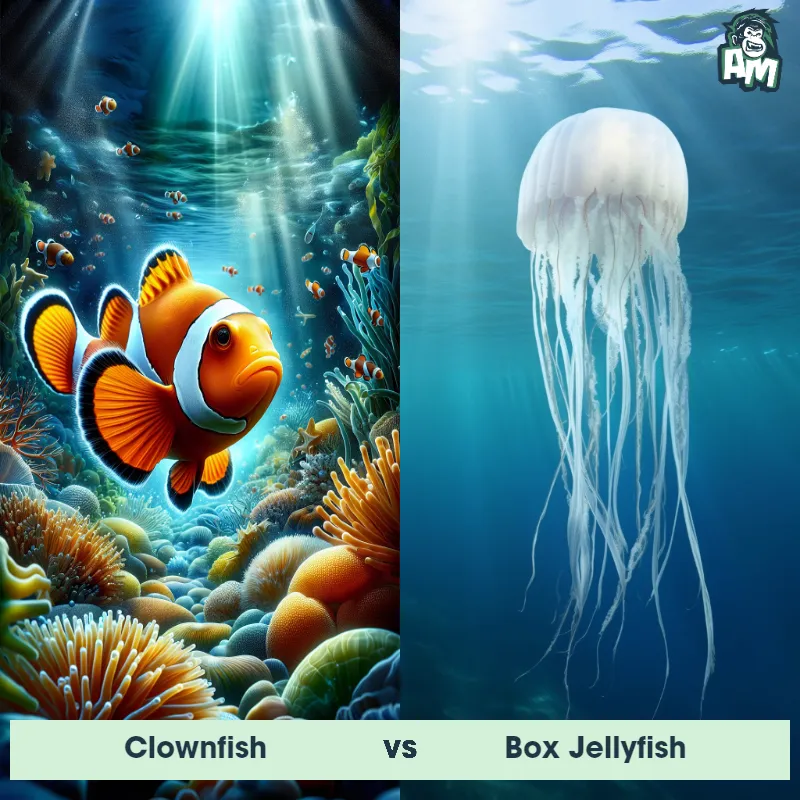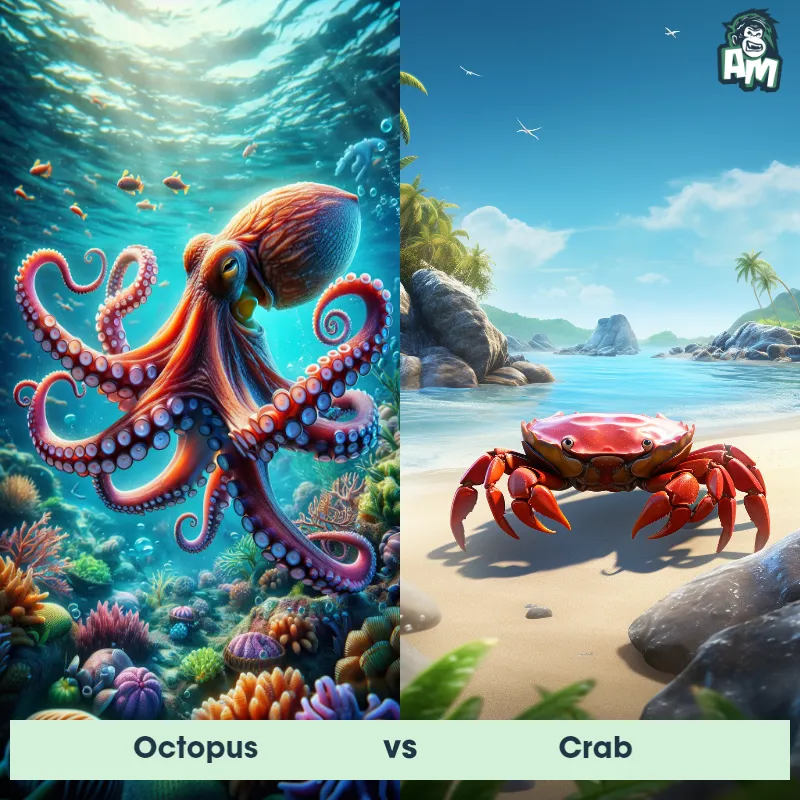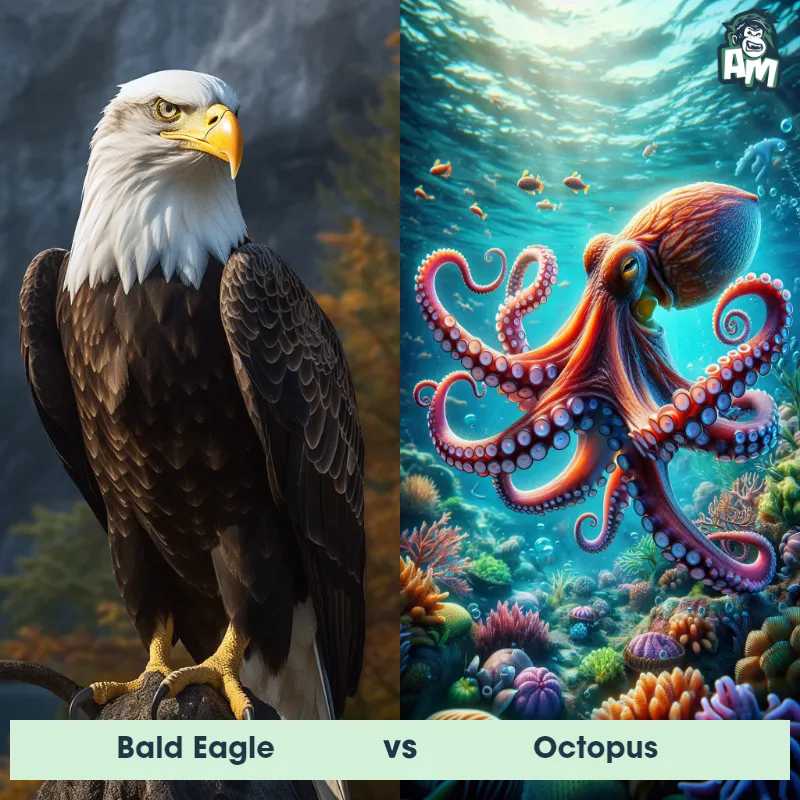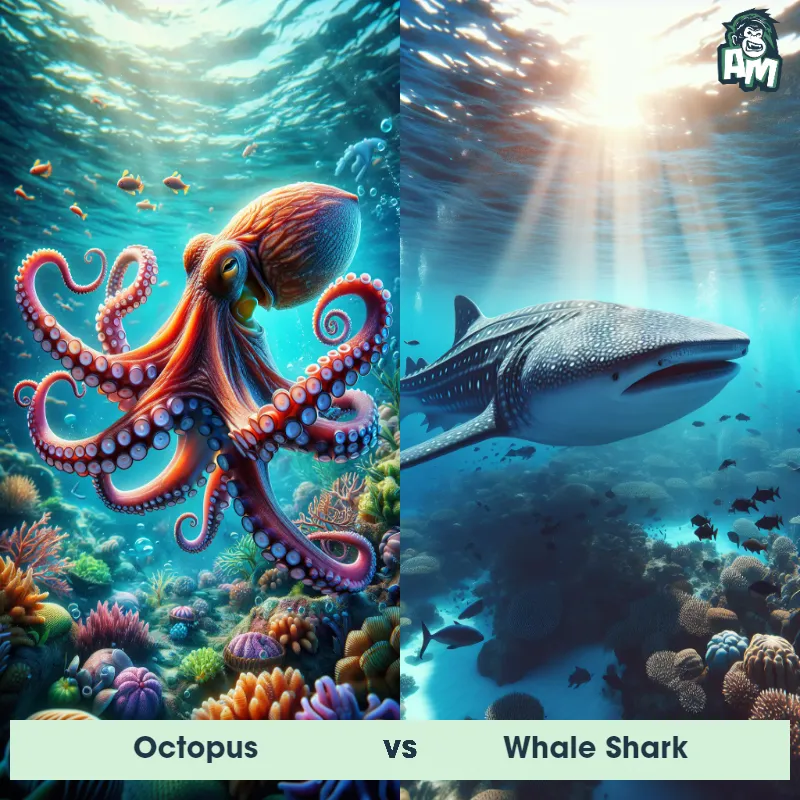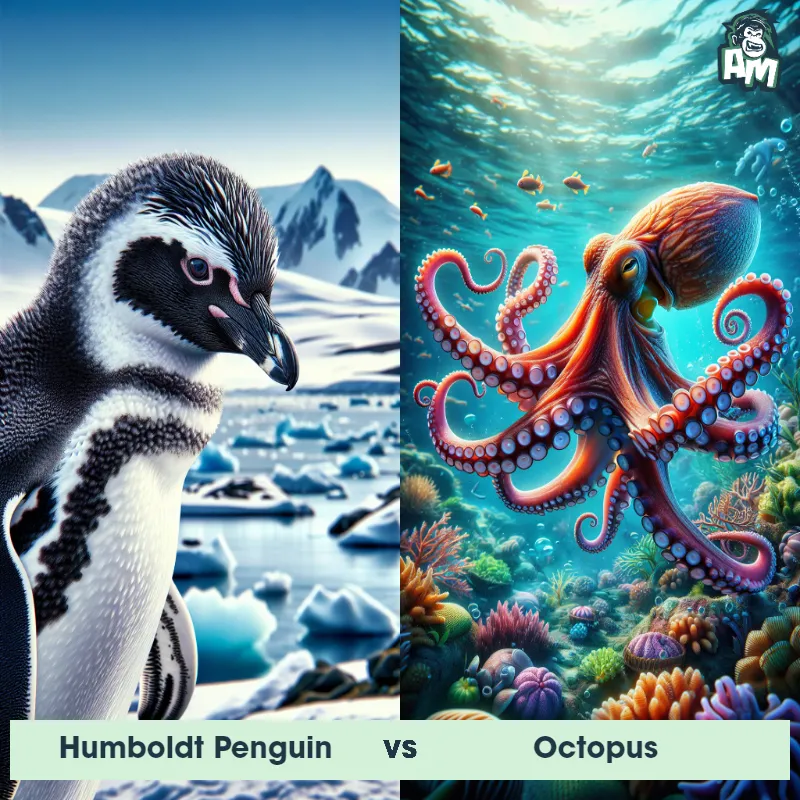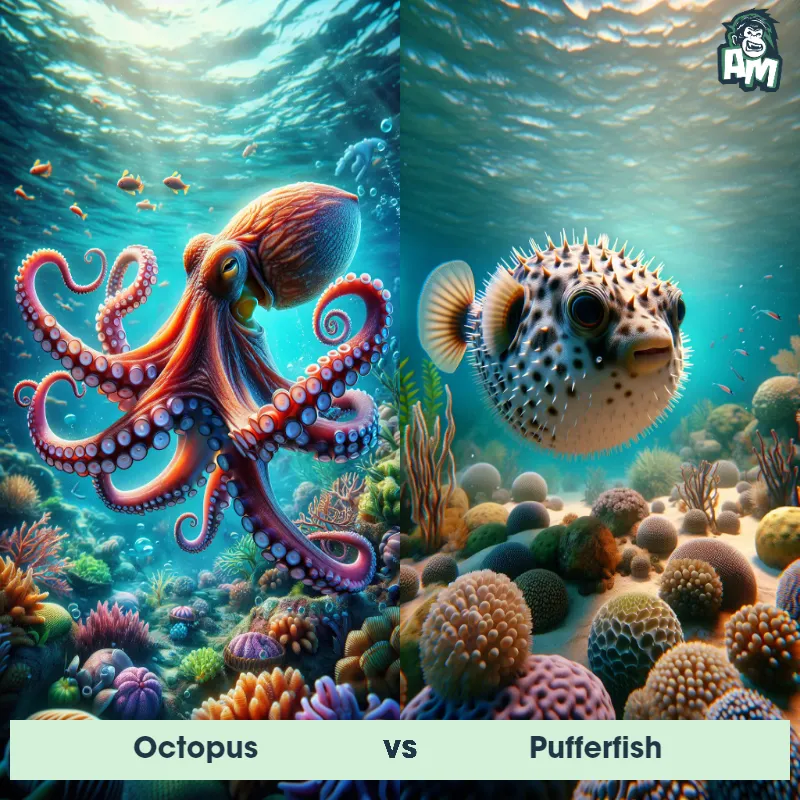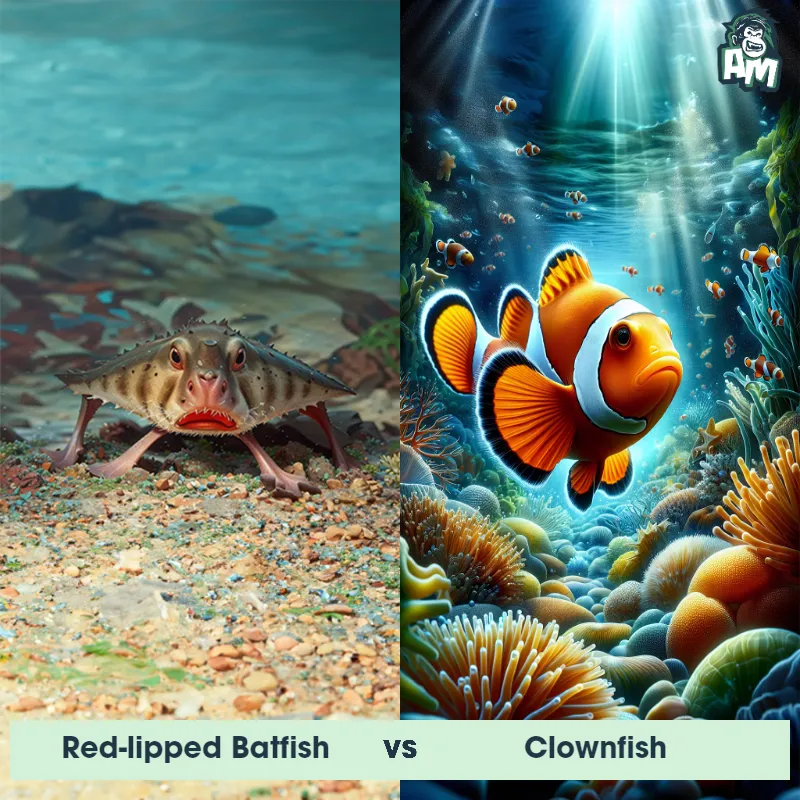Clownfish vs OctopusSee Who Wins

Welcome, ladies and gentlemen, to this epic showdown between a Clownfish and an Octopus! Both of these marine animals are known for their unique abilities, but only one can come out on top today. Let's see which creature will emerge victorious in this three-round battle.
Contender 1: Clownfish
Fun Fact:
Contender 2: Octopus
The octopus is a fascinating marine creature known for its rounded body, large eyes, and eight long arms lined with suckers. They belong to the class of mollusks known as cephalopods and are widely regarded as the most intelligent invertebrates. The octopus's skin color and texture can change dramatically, a trait used for both communication and camouflage. Octopuses are carnivorous, feeding mainly on crabs, shrimp, and other small sea creatures.
Fun Fact: Octopuses have three hearts; two pump blood to the gills, while the third pumps it to the rest of the body.
Matchup Stats
| Clownfish | Octopus | |
|---|---|---|
| Size | 2 to 5 inches (5 to 13 cm) | 6–24 inches (15–60 cm) in body length; arms up to 13 feet (4 m) span |
| Weight | 0.4 to 0.7 pounds (0.2–0.3 kilograms) | 0.05 to 600 pounds (0.02–272 kilograms) |
| Speed | 1.5mph (2.41km/h) | 25mph (40km/h) |
| Key Strength | Agile swimmers and good at defending their territory | High intelligence, ability to change skin color and texture for camouflage, and use of ink for defense |
| Biggest Weakness | Relatively small size and lack of physical aggression | Soft body with no skeletal structure, making them vulnerable to larger predators |
Current Votes
Clownfish vs Octopus
See Who Wins
View More Matches
Looking For More?
Similar Matches
Scientific Stats
| Clownfish | Octopus | |
|---|---|---|
| Scientific Name | Amphiprioninae | Octopoda |
| Family | Pomacentridae | Octopodidae |
| Habitat | Coral reefs, lagoons | Marine environments, from shallow coastal waters to deep-sea trenches |
| Geography | Indo-Pacific region | Worldwide, in all oceans |
| Diet | Omnivorous, eats small crustaceans, algae, and plankton | Carnivorous, feeding mainly on crabs, shrimp, and other small sea creatures |
| Lifespan | 7 years - 10 years | 1 year - 5 years |
Key Differences between Clownfish and Octopus
- Size: The Clownfish is typically small in size, ranging from 2 to 5 inches in length, while the Octopus is larger, with some species reaching lengths of over 3 feet.
- Behavior: Clownfish are known to live in symbiotic relationships with sea anemones, providing protection in exchange for food, while Octopuses are solitary creatures that are known for their intelligence and ability to solve puzzles.
- Body shape: Clownfish have a compact, rounded body with a single dorsal fin, while Octopuses have a soft, oval body with eight long, tentacle-like arms.
- Patterns: Clownfish have distinct black and white stripes running vertically along their bodies, while Octopuses typically have a mottled or patterned appearance to help them camouflage.
- Habitat: Clownfish are primarily found in coral reef environments, where they live among the tentacles of sea anemones, whereas Octopuses prefer to dwell in crevices, caves, and burrows on the ocean floor.
- Color: Clownfish are known for their bright orange bodies with white stripes, whereas Octopuses come in a variety of colors including red, brown, and blue, often with the ability to change their color to match their surroundings.



